Alpine resorts across British Columbia have re-tooled winter operations in the wake of the novel coronavirus pandemic that hit last year in the prime of the 2019-20 season.
This year, many resorts were poised to open on a solid snow season in early and mid-November when BC’s medical health officer temporarily put the brakes on non-essential travel, including travel for recreation. Operators are holding out hope that the travel restrictions will be lifted as the province “flattens the curve” on COVID-19.
“The adrenaline of opening day is a favourite part of the year for many of us, and admittedly, this year is especially significant,” wrote Christopher Nicolson in a November 2020 Canada West Ski Area Association newsletter. The CWSAA is considered the voice of the ski industry in western Canada.
Nicolson said the industry “can legitimately feel confident” about the season ahead because of the collaboration of resorts to include COVID-19 protocols in their operations, minimizing risk to guests and staff alike.
Resorts have posted their protocols on their individual websites. All – like other businesses in BC – require guests to wear face coverings, wash their hands, observe social distancing and not visit if they are feeling unwell.
The impact of ski areas in western Canada accounts for $2.51 billion annually to provincial and national economies, according to a 2018-19 valuation conducted by the CWSAA. More than 27,000 employees earned $1.12 billion in wages and benefits. Resorts were forced to close their doors last March as Canada’s federal government instituted emergency measures in the face of the pandemic. As they work to recover financially, operators have been quick to adjust to the swiftly changing landscape.
“We expect that we may need to make some revisions and adjustments, sometimes day to day, based on the recommendations of health authorities or as we find efficiencies, on an ongoing basis,” says Cypress Mountain president and general manager Russell Chamberlain.
He called for patience, flexibility and understanding this year. “We are all in this together.”
RELATED READING: The votes are in: BC wins big in World Ski Awards!
KELOWNA
Big White
Big White is ready for a big season. “Everyone in our resort has done a huge amount of work, we have a really strong and amazing winter product, and I want us to convey to our guests that their skiing experience will not be compromised,” president and CEO Peter Plimmer wrote in a letter to visitors.
Staff spent the off-season working on ways to accommodate COVID-19 protocols: automatic sliding doors to reduce contact points, touchless taps in public washrooms, and Plexiglas partitions installed in all day lodges. As well, the lodges will be operating at 50 per cent seating capacity to abide by physical distancing standards. The resort has instituted online-only booking for seasons’ passes and day tickets. Walk-ups won’t be accommodated. Rentals must also be prebooked online. Lifts will be loaded according to visitors’ “bubbles.”
Among the changes for 2020-21 is the lack of express-bus service to the resort from central Okanagan/Kelowna. Big White was able to keep all its employees despite an early closure last ski season; something management felt was significant.
TRAIL
Red Mountain
Red Mountain is ready for guests. With COVID-19 protocols in place, the ski and snowboard experience may look a bit different this year. Some of the changes include having a parking attendant in the parking lot, the removal of guest services’ indoor area and a move to solely outdoors. Visitors are asked to boot up before they get to the lodge, as indoor boot-up areas have been removed. With food services, staff recommends spreading out the time you want to eat to avoid a lunch rush. Online ordering and reservations will be available, and there will be outdoor seating in some areas. Red Mountain is due to open Dec. 12.
CRANBROOK
Fernie and Kimberley Alpine Resorts were still formulating their opening plans in late November. Resorts of the Canadian Rockies suspended operations March 15 and cancelled the remainder of its 2019-20 winter season at all their western Canadian resorts shortly thereafter. “Here at RCR our No. 1 priority is the safety, health and well-being of our guests, team members and the communities which we live,” president and Chief Resorts Officer John Shea said.
VANCOUVER ISLAND
Mount Washington Alpine Resort
“There has never been a time when I anticipated the arrival of a winter season more than this year,” Mount Washington Alpine Resort general manager Dean Prentice said. “The magic of winter – snow silently falling, the crisp winter air and the excitement of linking turns on every unique run is always special.”
“This year it’s safe to say ‘special’ could be expanded to include therapeutic. In a sense, we need this ski season for our emotional and physical wellbeing as much as for the enjoyment. We believe recreation is one of the essential food groups – now more than ever.”
Embracing unexpected changes is going to be critical to a successful ski season, he added. Season’s pass holders will be given priority, and capacity will be managed by limiting the number of daily lift tickets, if necessary. An online advanced reservation system has been created in the event terrain is limited. Mount Washington opened Dec. 4, with a base of both natural and man-made snow.
Mount Cain
Mount Cain is playing its 2020-21 season cautiously. Accommodation bookings were being put on hold until mid-November. Opening day was tentatively scheduled for Dec. 12, depending on snow and provincial travel recommendations. The Mount Cain Alpine Park Society has yet to reveal its COVID-19 operating strategy.
RELATED READING: 5 ways to experience the snow on Vancouver Island
LOWER MAINLAND
Whistler Blackcomb
“Safety first” is the mantra at Whistler Blackcomb this season, says Rob Katz, CEO of parent company Vail Resorts. In a lengthy letter to stakeholders and visitors, Katz outlines changes to operations during the pandemic and said community health recommendations will drive the winter season. Physical distancing, health screenings and prebooking are requirements this year, especially in ski and snowboard rental locations. Face coverings are a must throughout the resort. Food options will be affected this year, depending on restaurant configurations. Capacity will be managed through a reservation system. Any changes will be updated on the resorts’ website.
Grouse Mountain
Grouse Mountain opened with limited terrain access on Nov. 20. In addition to the requirement of face coverings inside all resort facilities, access will only be granted with advanced Skyride reservations. Visitors may reserve upload and download times as part of their lift ticket purchases or with the passholder Skyride reservations. Loading of individual chairlifts will be limited to family or household groupings.
Mount Seymour
Mt. Seymour has introduced staggered, reservable four-hour time slots on weekend and holidays for visitors with season’s passes or purchased lift tickets. This will help manage capacity while keeping to COVID-19 protocols. All activities at Mt. Seymour will need to be booked and paid for in advance this year.
Cypress Mountain
Cypress Mountain on Vancouver’s North Shore was the first coastal resort to open in 2020-21, opening their downhill area on Nov. 13. Like other resorts, its plan is to ease into operations as conditions dictate. Lift tickets and tickets to the Gnarly Tube Park need to be purchased in advance.
– This story first appeared in SOAR Magazine, published by Pacific Coastal Airline.
Please note that current Provincial Health Protocols currently advise against travelling outside your region to help prevent the spread of COVID-19.
Plan your future adventures throughout the West Coast at westcoasttraveller.com and follow us on Facebook and Instagram @thewestcoasttraveller. And for the top West Coast Travel stories of the week delivered right to your inbox, sign up for our weekly Armchair Traveller newsletter!

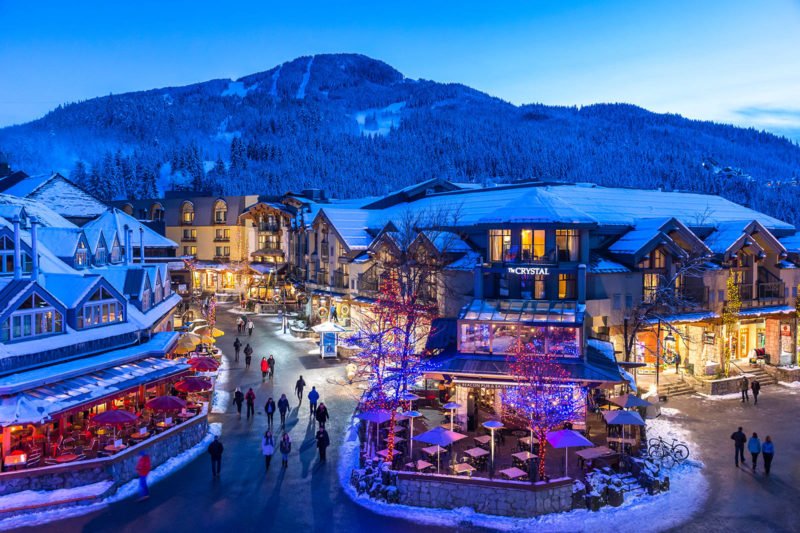
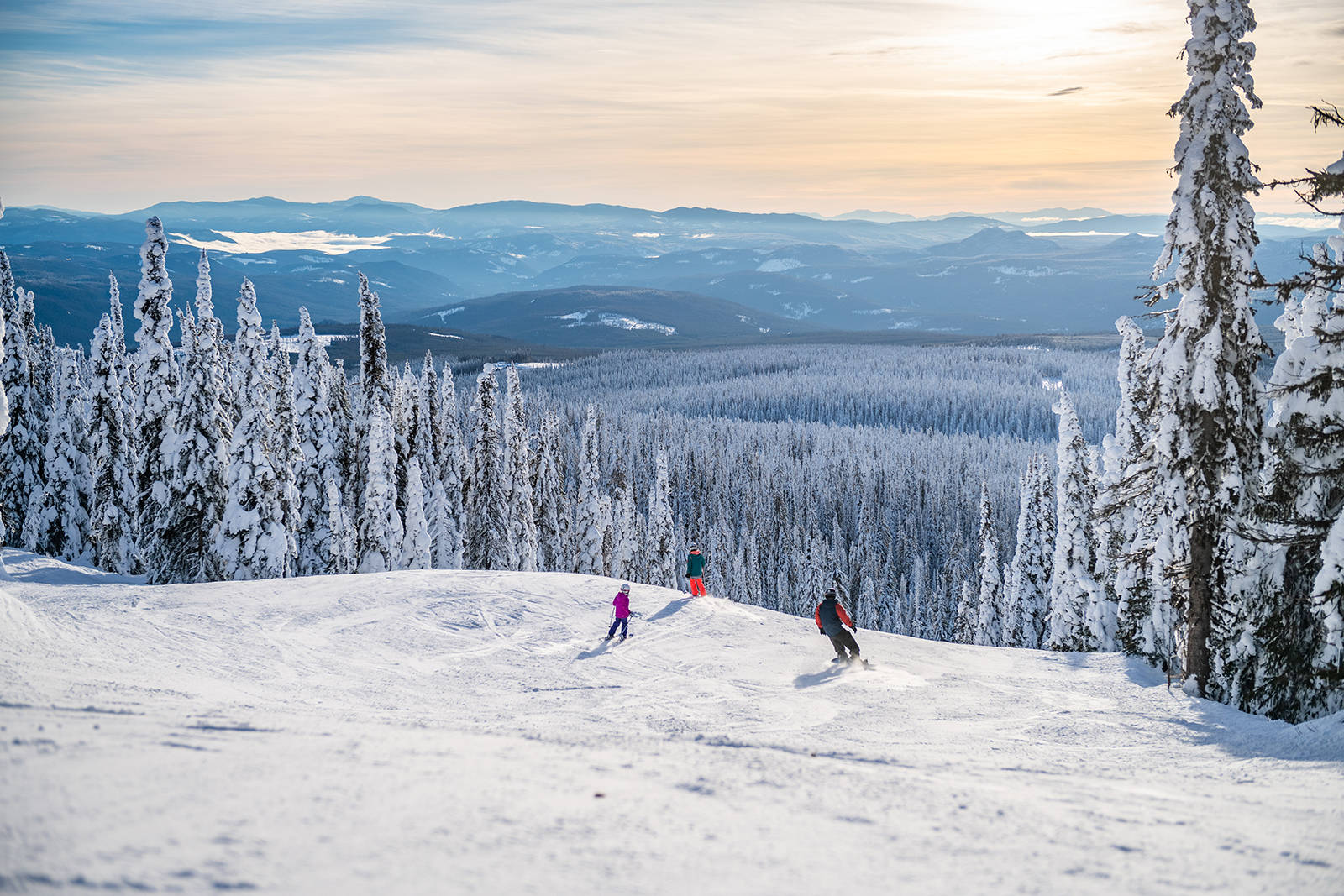
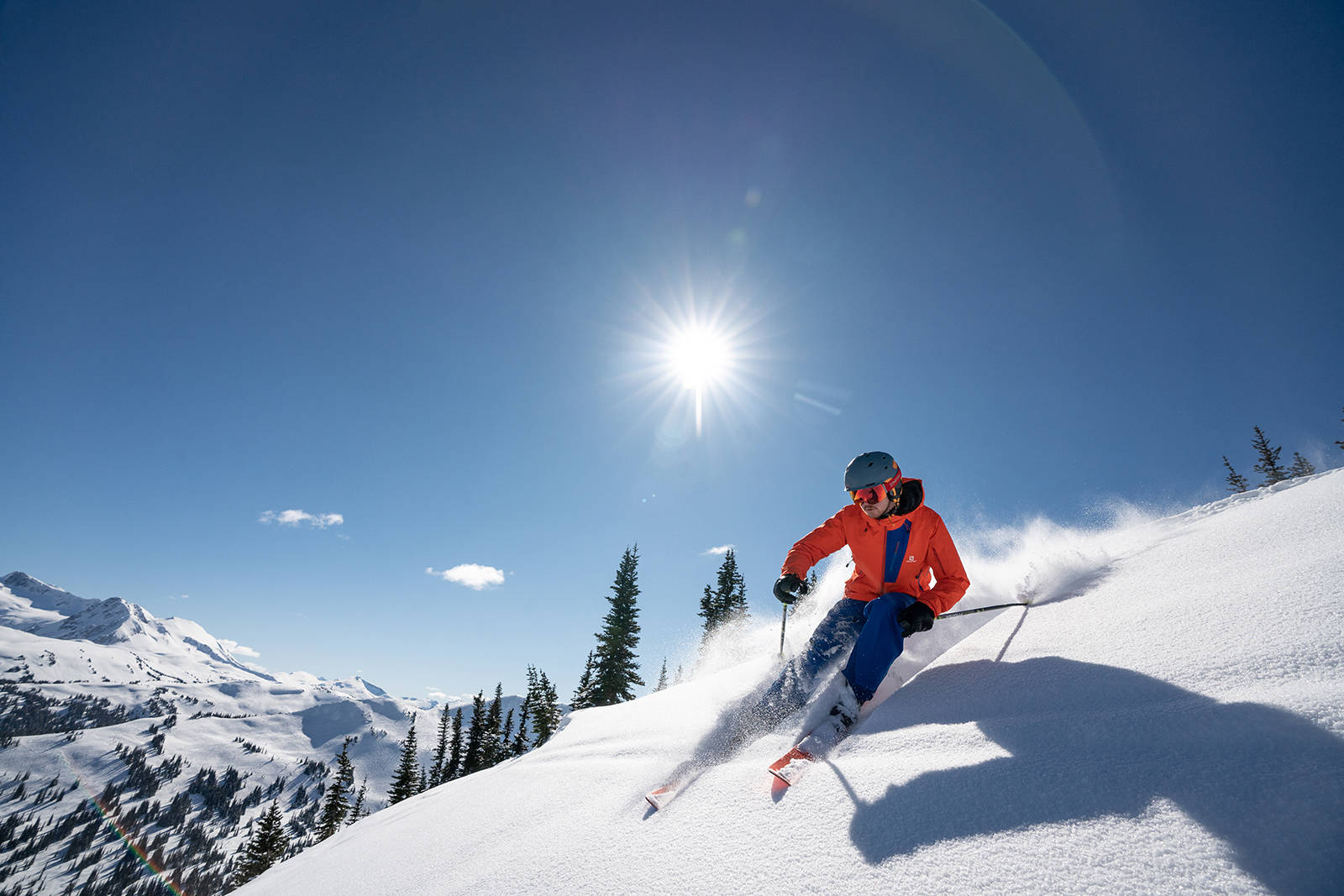

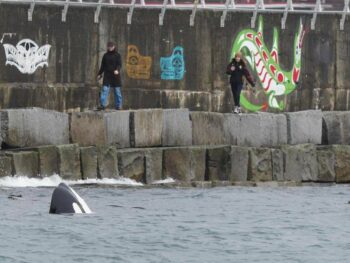
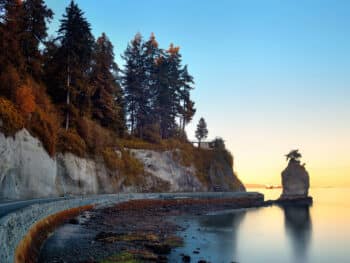
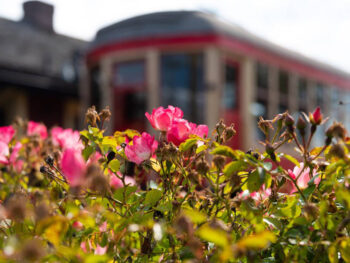
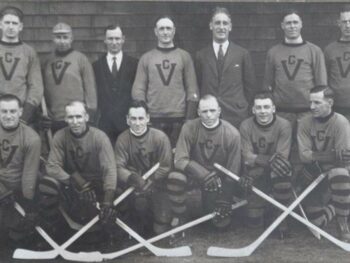
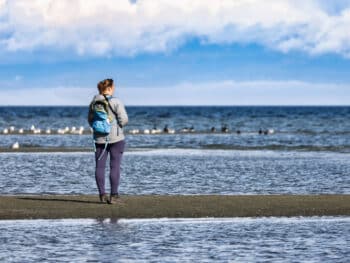

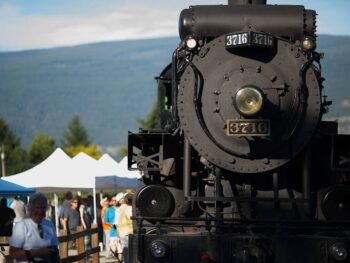
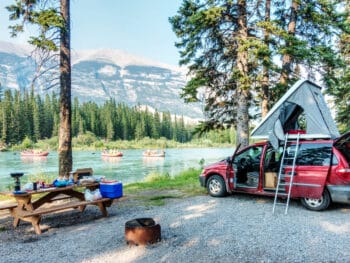
 VIDEO: Cavorting T-rexes run amok on Mt. Cheam
VIDEO: Cavorting T-rexes run amok on Mt. Cheam